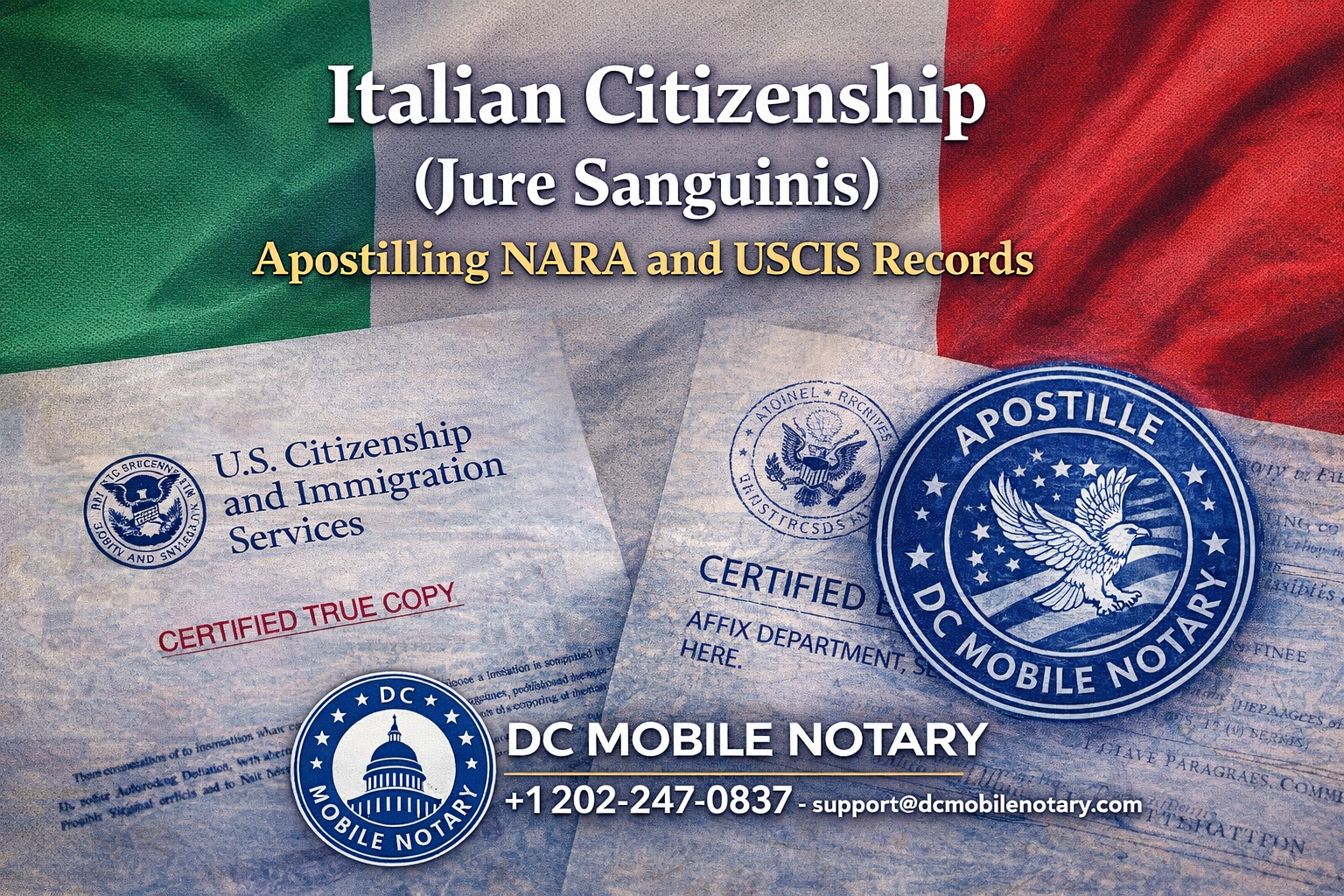Who fills out the I-9 employment verification form? What must you provide with the I-9 form?

February 14, 2023
The I-9 form, also known as the Employment Eligibility Verification form, is a document that is required by the United States Citizenship and Immigration Services (USCIS) for all new hires. The form is used to verify the identity and employment eligibility of new employees in the United States. In this article, we will discuss who fills out the I-9 form and what must be provided with the form.

The I-9 form is typically filled out by the employee on their first day of work. The employee is responsible for providing their personal information and verifying their identity and employment eligibility by providing original documents such as a passport, driver's license, or birth certificate. The employee must also provide their social security number and the form must be signed and dated by the employee.
The employer is also responsible for completing a portion of the form, known as the "Employer or Authorized Representative Review and Verification" section. The employer must review the original documents provided by the employee, verify that the documents appear to be genuine, and enter the document information into the form. The employer must also sign and date the form.
It's important to note that employers are responsible for retaining the I-9 form for all employees, regardless of citizenship or national origin. The form must be kept on file for three years after the date of hire, or one year after the date of termination, whichever is later.
As an alternative to the employer completing the "Employer or Authorized Representative Review and Verification" section of the I-9 form, an employer can choose to have a notary public act as an authorized representative. The notary public will review the original documents provided by the employee, verify that the documents appear to be genuine, and enter the document information into the form. The notary public must also sign and date the form and provide their notary commission number.
It's important to note that the notary public must be physically present when the employee presents their original documents and completes the form. They cannot simply sign and notarize the form without reviewing the documents in person.
Additionally, it's worth noting that the notary public is not responsible for verifying the employee's employment eligibility, only the authenticity of the documents presented by the employee. Employers are still responsible for ensuring that they are not hiring individuals who are not authorized to work in the United States.
It's also worth noting that this is not a common practice and most employers complete the "Employer or Authorized Representative Review and Verification" section themselves. The use of notary public is only an alternative and the employer should ensure that their selected notary public is authorized by the state to act on the I-9 process.
When an employee fills out the I-9 form, they must provide with the form, one document from List A, which proves both identity and employment eligibility, or one document from List B, which proves identity, and one document from List C, which proves employment eligibility.
List A documents include:
- U.S. Passport or U.S. Passport Card
- Permanent Resident Card or Alien Registration Receipt Card (Form I-551)
- Foreign passport with Form I-94 or Form I-94A with a stamp that reads "Processed for I-551. Temporarily evidence of lawful admission for permanent residence."
List B documents include:
- Driver's license or ID card issued by a state or outlying possession of the United States provided it contains a photograph or information such as name, address, date of birth, sex, height, eye color, and signature
- ID card issued by federal, state, or local government agencies or entities, provided it contains a photograph or information such as name, address, date of birth, sex, height, eye color, and signature
List C documents include:
- Social Security account number card
- Original or certified copy of a birth certificate issued by a state, county, municipal authority, or outlying possession of the United States bearing an official seal
- U.S. Citizen ID Card (Form I-197)
- U.S. Employment authorization document (Form I-766)
It's important to note that employers are prohibited from specifying which document(s) an employee must present, or refusing to accept certain documents. Employers should accept any document that appears to be genuine and relates to the individual.
In conclusion, the I-9 form is a critical document that is required for all new hires in the United States. The form is filled out by both the employee and the employer and is used to verify the employee's identity and employment eligibility. Employers must retain the form for all employees for a certain period of time and must not discriminate against employees based on their citizenship or national origin. It's important for both employers and employees to understand their responsibilities when it comes to completing and providing the I-9 form.


‹ Previous
Next ›

Apostilling Articles of Incorporation for International Use

February 17, 2026

Italian Citizenship (Jure Sanguinis): Apostilling NARA & USCIS Records

February 13, 2026





